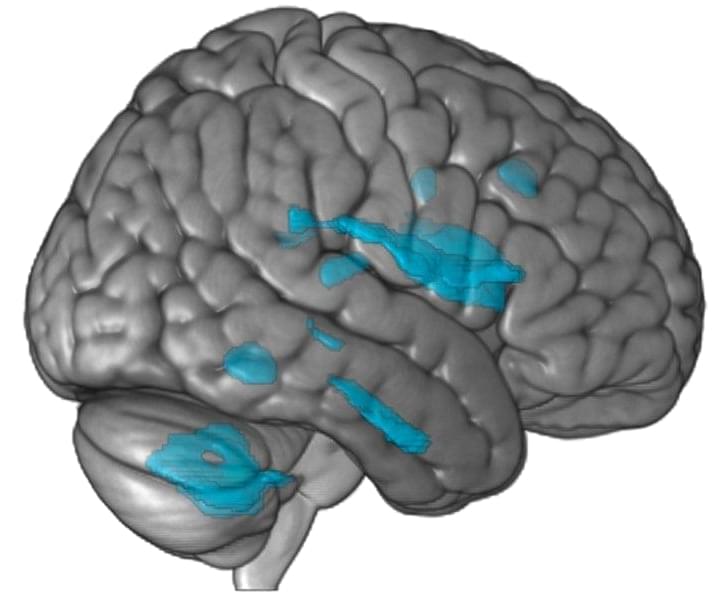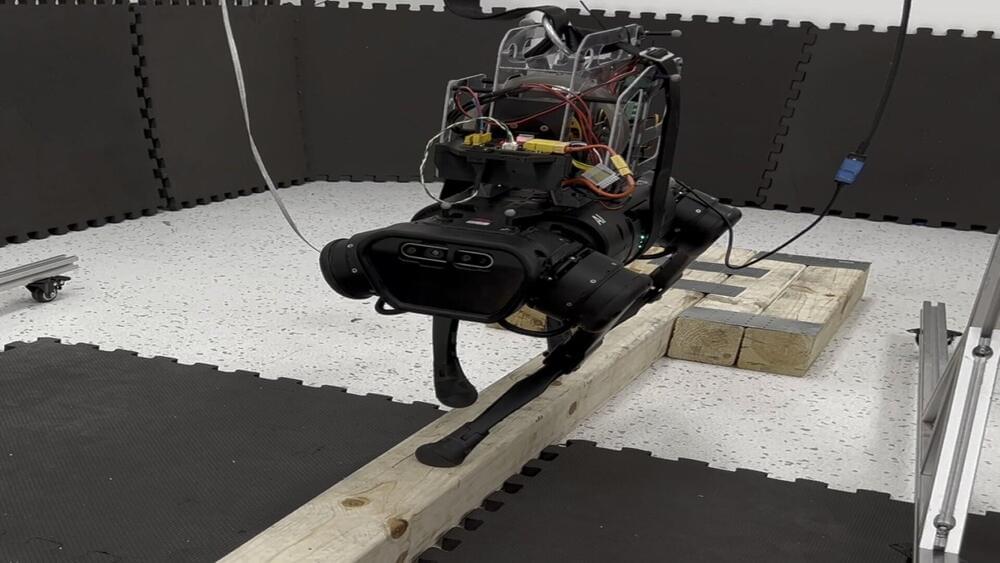Page 2993
Apr 18, 2023
New voice cloning AI lets “you” speak multiple languages
Posted by Kelvin Dafiaghor in categories: biotech/medical, robotics/AI

This article is an installment of Future Explored, a weekly guide to world-changing technology. You can get stories like this one straight to your inbox every Thursday morning by subscribing here.
In January, Microsoft unveiled an AI that can clone a speaker’s voice after hearing them talk for just three seconds. While this system, VALL-E, was far from the first voice cloning AI, its accuracy and need for such a small audio sample set a new bar for the tech.
Continue reading “New voice cloning AI lets ‘you’ speak multiple languages” »
Apr 18, 2023
Ethics and Rights for AI Artwork
Posted by Kelvin Dafiaghor in categories: ethics, law, robotics/AI
By Cheryl Gallagher Cultural and Creative Content Specialist
In the news recently, the US Copyright Office partially rescinded copyright protections for an article containing exclusively AI generated art. It was a landmark decision that is likely just the beginning of a long legal and ethical debate around the role, ethics, and rights of Artificial Intelligence in today’s global society — and tomorrow’s interplanetary one.
AI artworks are currently being denied copyright protection because copyrights only protect human generated work, and in the Copyright Office’s current opinion, the “artist” does not exert enough creative control over the output of the program (i.e., just using a written prompt to generate an image does not constitute a copyrightable work, as the program generated it, not the human involved). At least some AI generated images are considered to have enough human “involvement” to be copyrightable, but more direct working with the imagery is required.
Apr 18, 2023
Every base everywhere all at once: pangenomics comes of age
Posted by Dan Breeden in categories: biotech/medical, genetics
Multi-genome assemblies called pangenomes can capture genetic diversity in a species, but researchers are still working out how best to build and explore them.
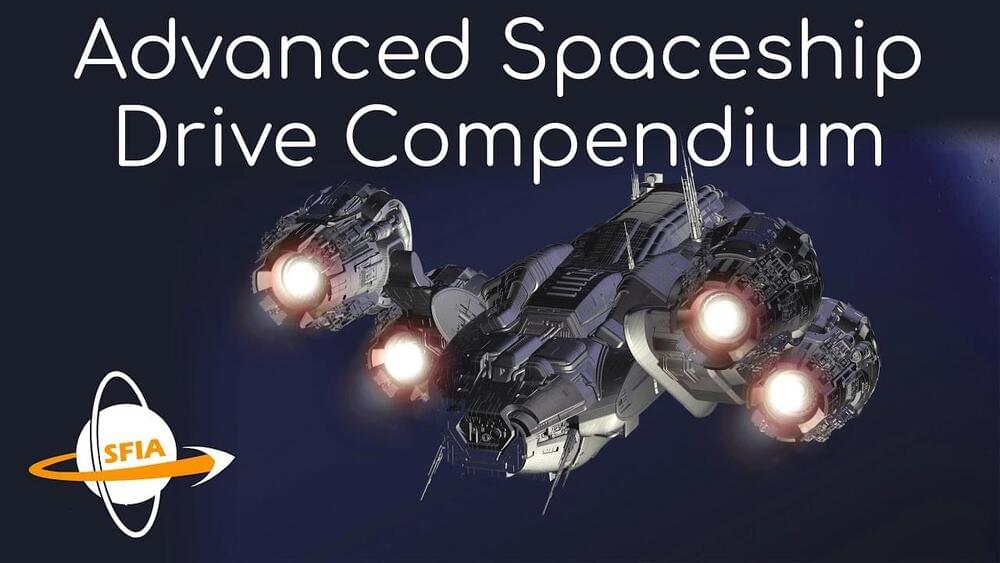
Offset your carbon footprint with confidence with Wren–the first 100 people to sign up will have one month of emissions offset for free: https://wren.co/start/isaacarthur.
In order to reach the stars we will need vastly more powerful engines for our spacecraft than modern rockets offer. Fortunately, when it comes to possible ship drives, the sky is not the limit.
Visit our Website: http://www.isaacarthur.net.
Join Nebula: https://go.nebula.tv/isaacarthur.
Support us on Patreon: https://www.patreon.com/IsaacArthur.
Support us on Subscribestar: https://www.subscribestar.com/isaac-arthur.
Facebook Group: https://www.facebook.com/groups/1583992725237264/
Reddit: https://www.reddit.com/r/IsaacArthur/
Twitter: https://twitter.com/Isaac_A_Arthur on Twitter and RT our future content.
SFIA Discord Server: https://discord.gg/53GAShE
Apr 18, 2023
How Music Can Prevent Cognitive Decline
Posted by Paul Battista in categories: life extension, media & arts, neuroscience
Summary: Listening to or practicing music had positive implications on cognitive decline in older adults by stimulating the production of gray matter in key brain areas, a new study reveals.
Source: University of Geneva.
Normal aging is associated with progressive cognitive decline. But can we train our brain to delay this process?
Apr 18, 2023
A new microwave technology can ease solar cell recycling
Posted by Gemechu Taye in categories: solar power, sustainability
WangAnQi/iStock.
But now we’re learning that researchers in Sydney may have found a way to tackle this issue.
Apr 18, 2023
Electricity can heal even the worst kind of wounds three times faster, new study finds
Posted by Gemechu Taye in category: biotech/medical
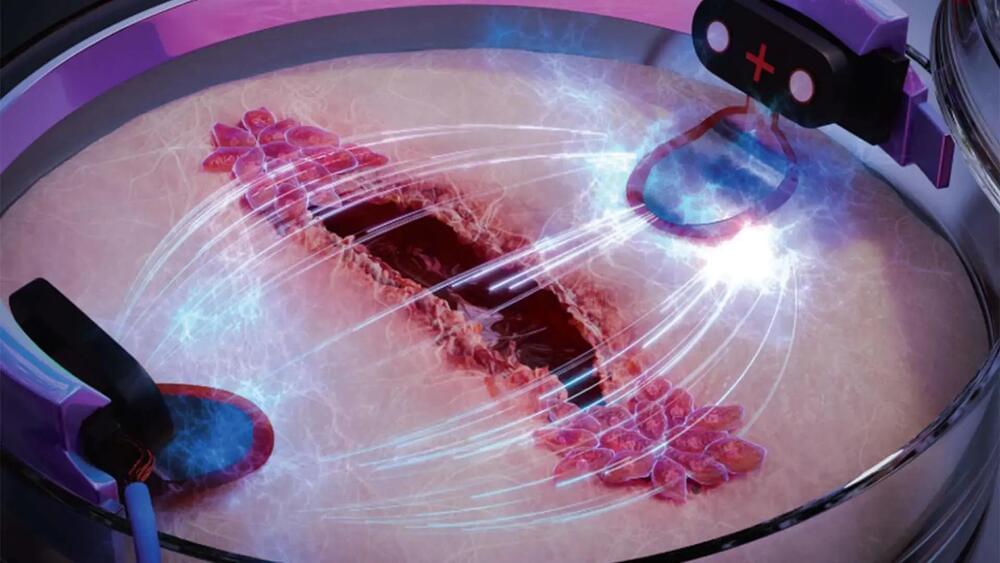
Scientists used an old theory to develop a new technique that involves exposing skin cells to an electric field to make the wounds on the skin heal faster.
Researchers from Chalmers Insitute of Technology (CTH) and the University of Freiburg have proposed an interesting technique that enables chronic wounds to heal faster than ever.
Apr 18, 2023
Researchers develop a four-legged robot capable of walking on a balance beam
Posted by Gemechu Taye in categories: robotics/AI, satellites
Researchers use a reaction wheel actuator system to make a quadruped robot walk on a narrow balance beam.
A team of researchers at Carnegie Mellon University’s Robotics Institute (RI) has created a method that enables a quadruped robot to walk on a narrow balance beam.
Their solution involves implementing a Reaction Wheel Actuator (RWA) system, which is mounted on the back of the quadruped robot. Through a novel control technique, the RWA system enables the robot to balance independently, irrespective of the position of its feet. To enhance the robot’s balancing capabilities, the team leveraged hardware that is commonly used to control satellites in space.
Apr 18, 2023
Brain images just got 64 million times sharper
Posted by Genevieve Klien in categories: biotech/medical, health, neuroscience
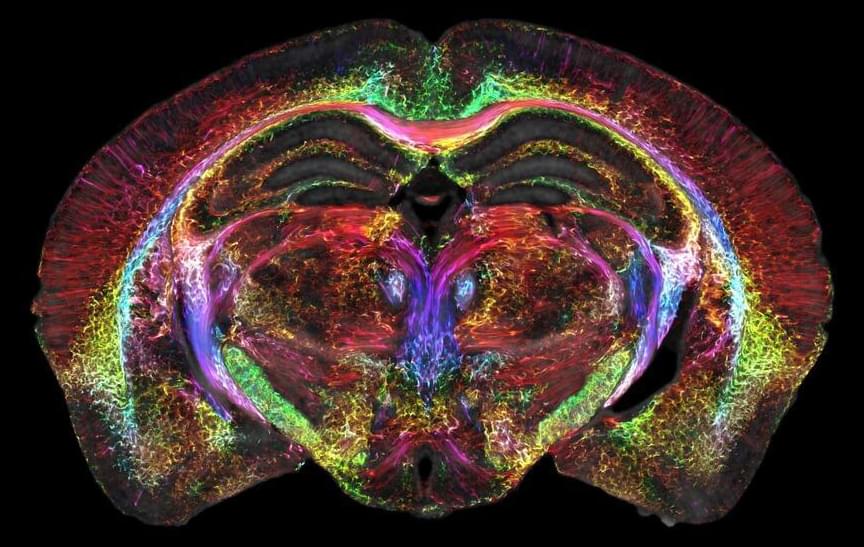
Magnetic resonance imaging (MRI) is how we visualize soft, watery tissue that is hard to image with X-rays. But while an MRI provides good enough resolution to spot a brain tumor, it needs to be a lot sharper to visualize microscopic details within the brain that reveal its organization.
In a decades-long technical tour de force led by Duke’s Center for In Vivo Microscopy with colleagues at the University of Tennessee Health Science Center, University of Pennsylvania, University of Pittsburgh and Indiana University, researchers took up the gauntlet and improved the resolution of MRI leading to the sharpest images ever captured of a mouse brain.
Continue reading “Brain images just got 64 million times sharper” »



